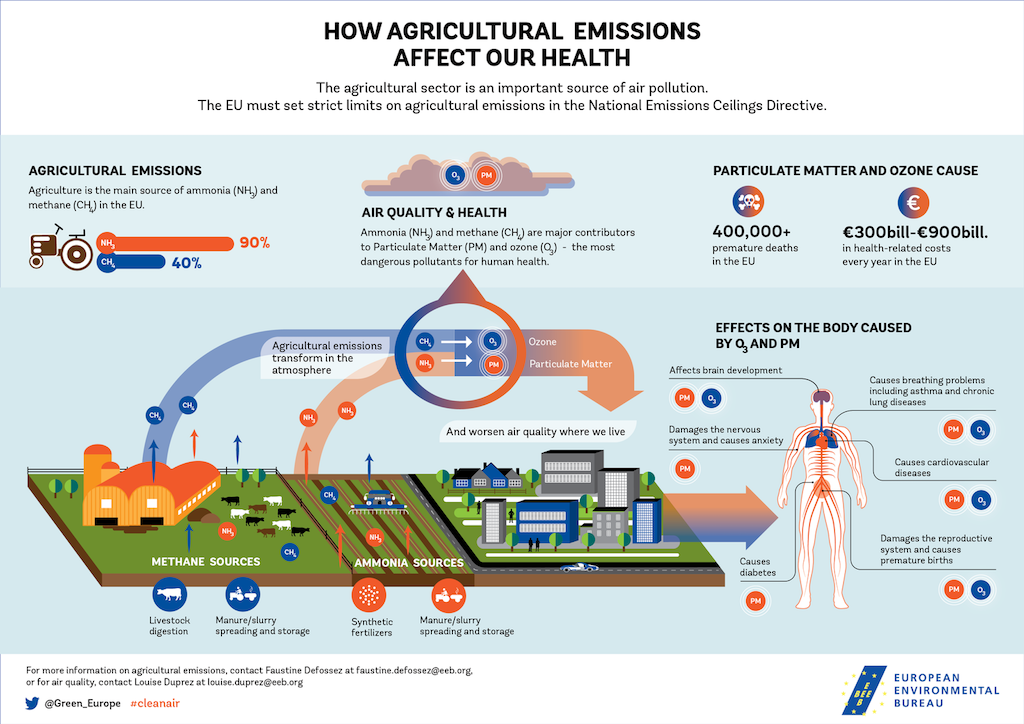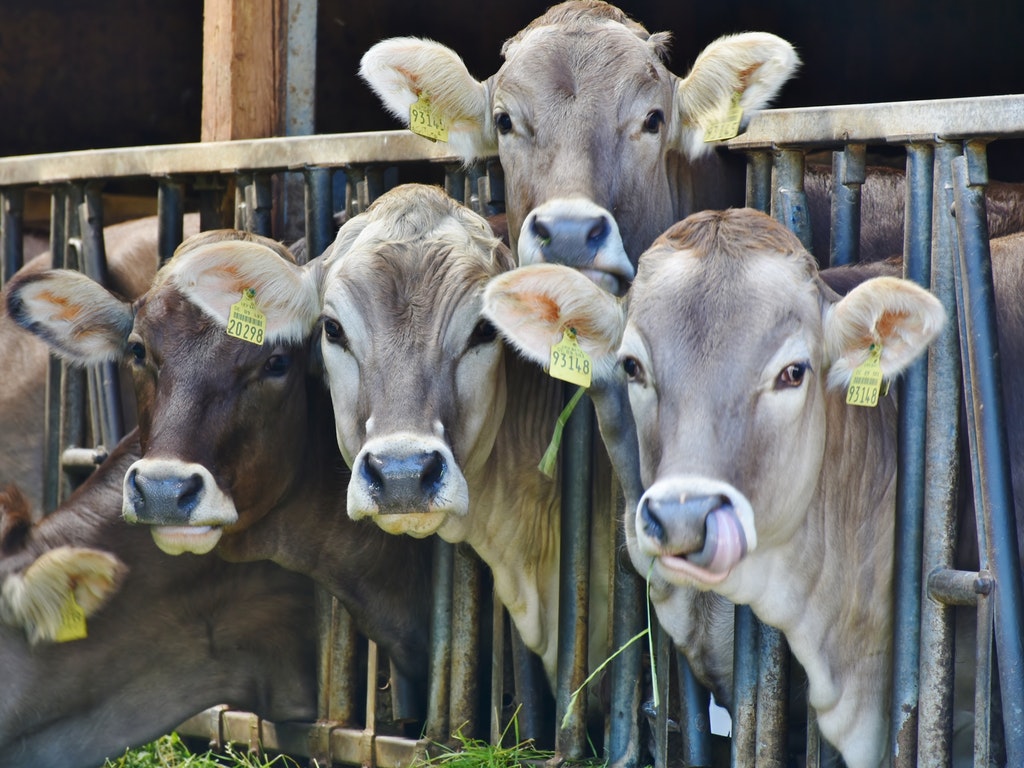4 Mins Read
1. There is NO Better Way to Lower Carbon Emissions
If we all became veggies, global carbon emissions would drop by over 60%. If we all became vegans, they would drop over 70%. More than not traveling on airplanes. More than not using cars. Nothing comes close.
2. The (Efficiency) Math Doesn’t Add Up
3. It’s Not Healthy To Eat So Much Meat: Even Small Amounts Processed Meat Consumption Increases Cancer Incidence

4. Meat & Seafood Companies Are Blocking Paris Accord Progress
5. We Can’t Afford To Eat This Much Meat
6. Hong Kongers Eat More Meat Than Almost Any Other City in the World
7. Global Meat Consumption is Making Antibiotics Useless
The Coller FAIRR index shows that of animal protein companies studied, “77% (46 companies worth US$239bn) rank ‘high risk’ on antibiotics, with little or no measures in place to reduce excessive use of antibiotics” helping fuel the rise of the superbug, bacteria that is resistant to antibiotics, prompting England’s chief medical officer Sally Davies to declare that “the world is facing an antibiotic apocalypse.
8. It’s More Than A Trend, It’s a Revolution
Vegans, Flexitarians, Reducetarians, Green Monday Adherents- younger generations are embracing a new way of eating. Thanks to social media, they are exposed to the destructive practices of industrial animal husbandry. They are more concerned with environmental destruction than ever before. They are more aware than their parents about the importance of what we eat when it comes to our health. In the US, veganism has grown over 600%. Over in the UK, the Brits are embracing a diet with less meat – there is a 350% increase in people identifying as vegans. Rising meatless diets can be seen in France. And China. And Australia. Every week a new celebrity commits to life SANS animal flesh. This is more than a fad. This is a global change in how people eat. It’s not going away anytime soon.
9. Plant Based Products Are Delicious
10. It’s Easy to Eat Plant-Based in Hong Kong
Lead image courtesy of Pexels.




